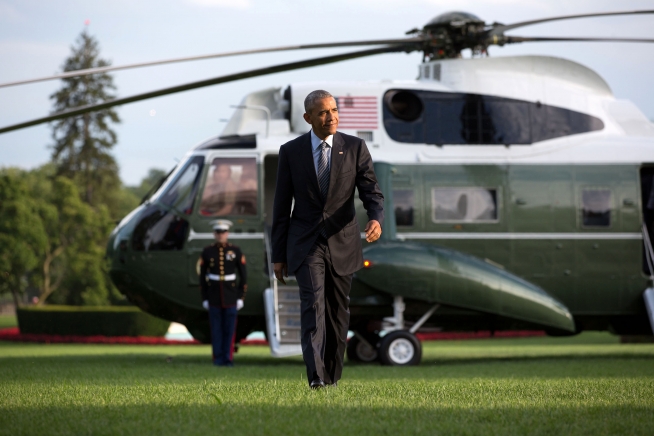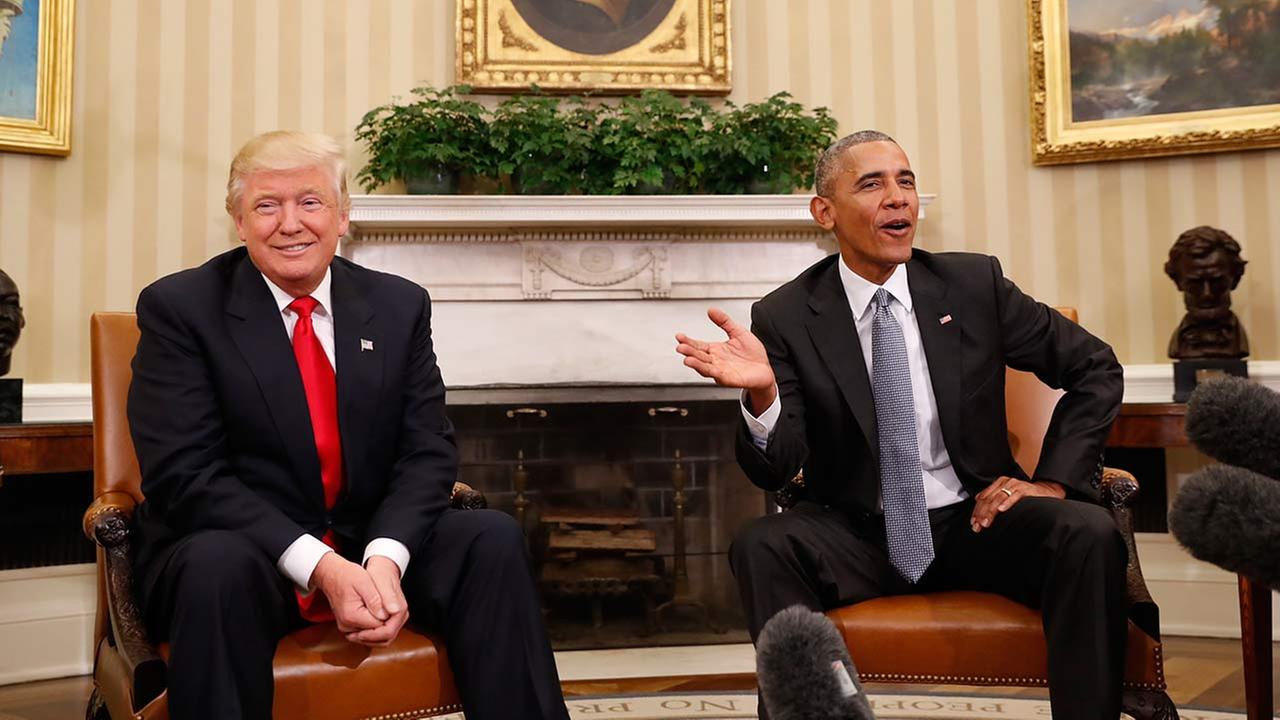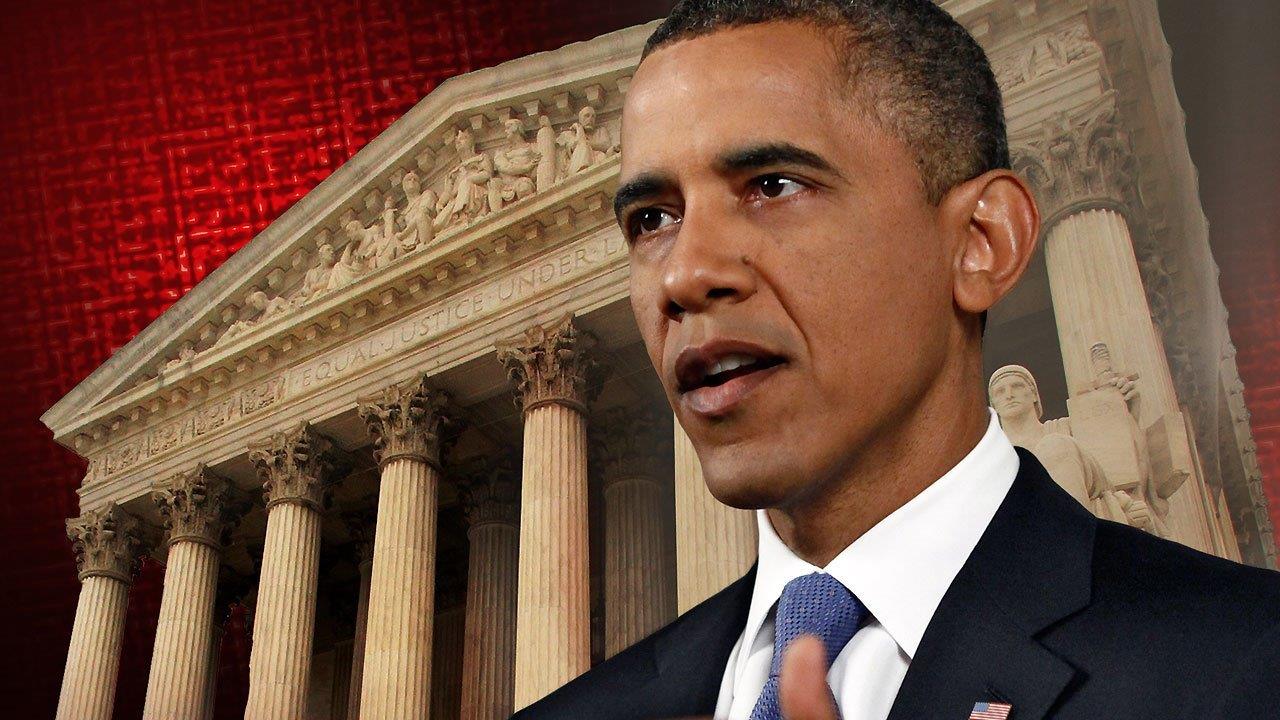
 President Obama has been hearing one persistent grumble from the moment he entered the White House. And that’s that he has not said and done enough to boost African-Americans.
President Obama has been hearing one persistent grumble from the moment he entered the White House. And that’s that he has not said and done enough to boost African-Americans.
It’s been nothing more than a low intensity grumble for two simple reasons. One is that blacks backed him in near record numbers in his 2008 presidential drive. They will back him again in November in vote numbers that will equal or come close to those they gave him four years ago.
The other reason is that many blacks are disgusted and outraged that Obama has been the victim of a relentless and unprecedented battering by legions of bloggers, websites, talk show jocks, Tea Party leaders and followers, and assorted racist and fringe hate groups. This has made the overwhelming majority of blacks even more determined to circle the wagons and back him. That means keeping their grumbles about his efforts on behalf of blacks to themselves.
But Obama still has to remind blacks on occasion that he’s not the black president but the American president. He did it again recently in an interview. And he went a slight step further to reassure that his low-keyed record of aiding blacks in education and business through selected programs, initiatives and funding is a record he’s proud of. The explicit message is that I don’t have to put my blackness on parade or wear it on my shoulders to push programs that aid blacks. Yet, that still begs one, really, two questions. They are, should Obama do even more for blacks? And if he does, what are the political risks versus rewards?
The crisis problems of poor black communities are astronomical. A high crime and murder rate, near Great Depression level jobless rate among young black males, a disproportionate number of black uninsured, chronic failing inner city schools, and home foreclosures that hit blacks harder than any other group. The problems are so great that the Congressional Black Caucus, and a handful of other black activists, have taken occasional shots at Obama demanding that he drop the president of all the people stance, and do more than the quiet, even cautious, initiatives that directly benefit some blacks, and that he frontally attack some of the draining problems of poor blacks.
A compelling case can be made for Obama to be more aggressive in earmarking specific programs and initiatives for blacks. He took a step in that direction with his recent African-American Education initiative. That included actually labeling it as such.
But Obama has walked a shaky racial tightrope from the moment he declared his presidential candidacy in 2007. The danger was that as a relatively new and untested African-American presidential candidate, if there was so much as a hint that he’d make race a factor in the campaign his presidential candidacy would be DOA. The memories, suspicions and fears of many whites were too great of the perceived race-tinged politics of Al Sharpton or Jesse Jackson. It wasn’t just Obama’s cross to bear, though. For a quarter century before Bill Clinton won the White House in 1992, Democratic presidential candidates have had to bear the racial cross. During that period Democrats were regarded and reviled by conservatives as the party that tilted to and pandered to minorities. The backlash was swift and devastating. Blue collar and rural white males deserted the Democrats in droves. Their sprint to the GOP became the reliable trump card for Reagan, Bush Sr. and George W. Bush’s White House wins. In the South, the result was even starker. The Democrats and the GOP directly reversed roles. The Democrats went from a lily white, segregationist party to a liberal-to-moderate near-black majority party. The GOP became just the opposite; it morphed into an ultra-conservative, strongly evangelical, white male dominated party.
Clinton slightly broke the Democrat’s slide among whites, particularly white males. But he had to reverse gears and tout a strong defense, the war against terrorism, tax reform for the middle class, pro- business solutions to joblessness and, most importantly, tiptoe around civil rights and poverty issues. Democratic presidential candidates Al Gore and John Kerry followed the Clinton blueprint to the letter during their campaigns. If either had won, the likelihood is they would not have made these problems priority items in their White House tenure.
Obama is tugged hard by corporate and defense industry lobbyists, the oil and nuclear power industry, government regulators, environmental watchdog groups, conservative family values groups, conservative GOP senators and house members, foreign diplomats and leaders. They all have their priorities and agendas and all vie hard to get White House support for their pet legislation, as well as legislation that threatens their interests.
This has demanded a cautious, conciliatory, and above all, a race-neutral presidency during his first four years. While Obama can, and at times in his own way, has not ignored the plight of the black poor, it demands that he continue to take the same cautious approach on race in his fight to keep the presidency.
About Earl Ofari Hutchinson
Earl Ofari Hutchinson is an author and political analyst. He is a frequent political commentator on MSNBC and a weekly co-host of the Al Sharpton Show on American Urban Radio Network. He is the author of How Obama Governed: The Year of Crisis and Challenge. He is an associate editor of New America Media. He is the host of the weekly Hutchinson Report on KPFK-Radio and the Pacifica Network.










